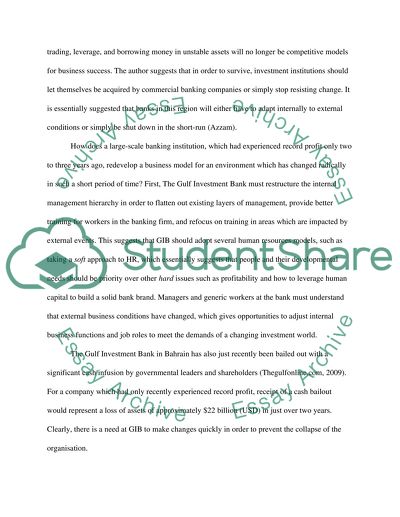Cite this document
(“WBA Assessment: Gulf Investment Bank Bahrain Essay”, n.d.)
WBA Assessment: Gulf Investment Bank Bahrain Essay. Retrieved from https://studentshare.org/miscellaneous/1553238-wba-assessment-gulf-investment-bank-bahrain
WBA Assessment: Gulf Investment Bank Bahrain Essay. Retrieved from https://studentshare.org/miscellaneous/1553238-wba-assessment-gulf-investment-bank-bahrain
(WBA Assessment: Gulf Investment Bank Bahrain Essay)
WBA Assessment: Gulf Investment Bank Bahrain Essay. https://studentshare.org/miscellaneous/1553238-wba-assessment-gulf-investment-bank-bahrain.
WBA Assessment: Gulf Investment Bank Bahrain Essay. https://studentshare.org/miscellaneous/1553238-wba-assessment-gulf-investment-bank-bahrain.
“WBA Assessment: Gulf Investment Bank Bahrain Essay”, n.d. https://studentshare.org/miscellaneous/1553238-wba-assessment-gulf-investment-bank-bahrain.


